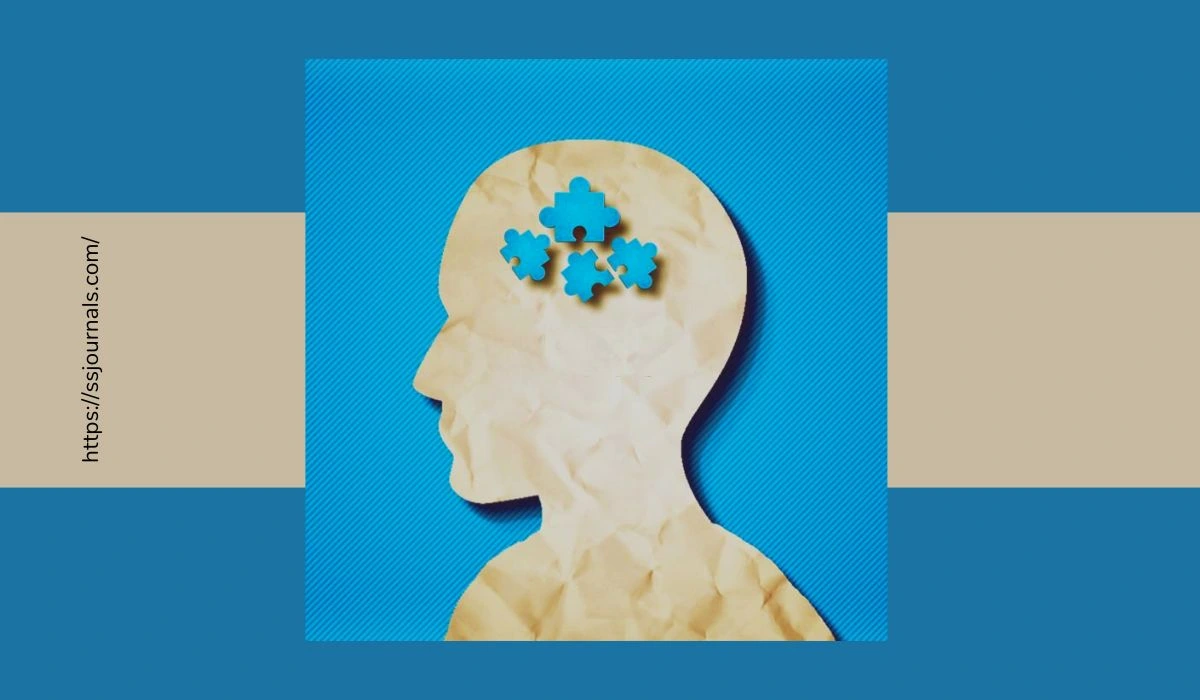Keeping your brain healthy is vital as you age. A healthy brain allows you to think clearly, remember things well, and improve your overall quality of life. An unhealthy brain can lead to memory loss, difficulty concentrating, and even dementia.
Thankfully, there are many natural ways you can keep your brain in good working order. This article will explore lifestyle habits, foods, exercises, and treatments that support optimal brain health.
How Can You Keep The Brain Healthy Naturally?

Here are some of the top natural ways to maintain a healthy brain:
- Get Plenty of Exercise: Exercise increases blood flow to the brain and helps generate new brain cells. Aim for at least 30 minutes of cardio exercise 3–4 times per week. Weight training is also beneficial.
- Follow a Mediterranean Diet: This diet is high in heart-healthy fats, whole grains, fruits, vegetables, and fish. It provides antioxidants that protect brain cells. Include salmon, walnuts, olive oil, berries, green leafy veggies, and whole grains.
- Reduce Stress: Chronic stress damages the brain over time and can lead to depression and memory problems. Try yoga, meditation, deep breathing, or regular massages to keep stress in check.
- Get Enough Sleep: Lack of sleep can negatively impact concentration, memory, and judgment. Aim for 7-8 hours per night to allow the brain to recharge.
- Stay Social: Regular social interaction helps ward off depression and dementia. Spend time with friends, join a book club, volunteer, or visit your grandchildren.
- Challenge Your Brain: Learn new skills, do crossword puzzles, play board games, read books, or take alternate routes when driving to strengthen cognitive skills.
Unhealthy Habits Affecting Brain Health
Just as healthy habits keep your brain sharp, unhealthy ones can impair cognition and hasten brain aging. Habits to avoid include:
- Smoking: Smoking increases the risk of dementia and shrinks brain volume. Quitting can help reverse the damage.
- Heavy Drinking: Excessive alcohol consumption causes memory loss, vitamin deficiencies, and brain shrinkage. Limit to 1 drink per day.
- Head Injuries: Protect your brain by wearing seat belts and helmets and treating concussions seriously.
- Sleep Deprivation: Lack of sleep impairs concentration and judgment and increases the risk of dementia. Get 7-9 hours a night.
- Vitamin B12 Deficiency: Not getting enough B12 can cause permanent brain and nerve damage. Vegans should supplement.
- Air Pollution: Living in highly polluted areas is linked to Alzheimer’s disease and reduced cognition. Consider using an air purifier.
- Depression: Untreated depression accelerates brain aging. Seek treatment with therapy and/or medication if needed.
Are There Any Treatments For Keeping Your Brain Healthy?

If you’ve already noticed some mild cognitive decline, certain treatments may help support brain health:
- Cholinesterase Inhibitors: prescription medications like donepezil (Aricept) that slow the breakdown of memory chemicals in the brain.
- N-methyl-D-aspartate (NMDA) Receptor Antagonists: Medications like memantine (Namenda) regulate glutamate, an excitatory brain chemical.
- Cognitive Rehabilitation: Working with a therapist to re-learn skills through memory drills and aids.
- Cognitive Stimulation Therapy: Engaging in group conversation, activities, and games to enhance reasoning.
- Transcranial Magnetic Stimulation: Non-invasive treatment using magnetic fields to improve cell signaling.
- Supplements: Omega-3s, vitamin B12, ginkgo biloba, and citicoline supplements may provide mild cognitive benefits.
As always, consult your doctor before beginning any new medications or treatments, especially if you have significant cognitive issues.
Conclusion
Our brains are vital organs that benefit greatly from proper care and nourishment. By incorporating healthy habits like regular exercise, proper diet, stress management, cognitive stimulation, and strong social ties, you can keep your mind sharp well into old age.
It’s equally important to minimize unhealthy habits that can impair cognition and expedite brain aging. With a commitment to brain-healthy living, you can enjoy clearer thinking and better memory for many years to come.
FAQs
A: Early signs of an aging brain include memory lapses, difficulty learning new things, problems with focus/concentration, more repetitive conversations, misplacing items, difficulty handling complex tasks, slower processing speed, and worsening organizational skills.
A: Yes, crossword puzzles have been shown in studies to help maintain good cognitive functioning. They exercise the brain by challenging memory, vocabulary, general knowledge, and problem-solving abilities. Just be sure to increase difficulty over time.
A: The Mediterranean diet is considered the gold standard “brain diet.” It emphasizes whole grains, vegetables, fruit, legumes, nuts, fish, healthy fats like olive oil, and moderate wine intake. This provides antioxidants and anti-inflammatory compounds that protect brain cells.
A: Some mild memory problems are normal with aging. See your doctor if you have cognitive symptoms that are getting worse over time, affecting your ability to function, concerning your family, and/or causing you significant distress. Evaluation can determine if treatment is needed.
A: Brain training games can be helpful cognitive exercises, but they won’t prevent or cure dementia. The skills practiced usually don’t transfer to real-world benefits. Focus on a mix of challenging mental, physical, and social activities instead of relying on games alone.

